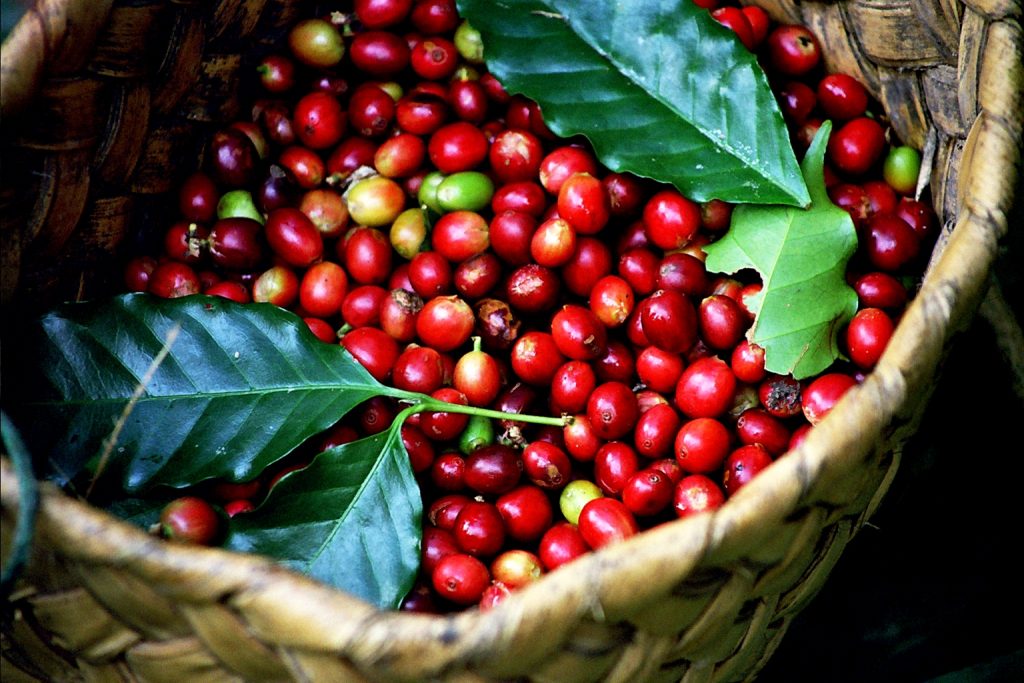Specialty coffee is a high-end segment of the coffee industry, known for its superior quality and meticulous production process. It is much more than just a beverage; it represents craftsmanship, innovation, and a rich sensory experience. However, with its rising prices—particularly as commodity coffee prices increase—consumers may wonder: Why does specialty coffee come with such a premium? Is a cup of coffee priced at 100,000 VND truly worth five times more than your average cup of coffee?
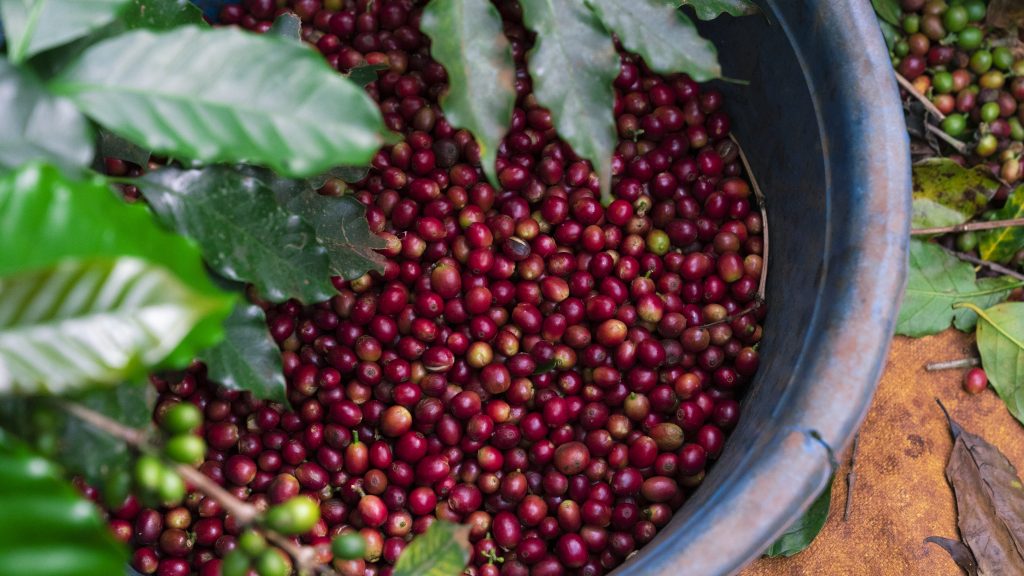
Understanding the Difference: Commodity vs. Specialty Coffee
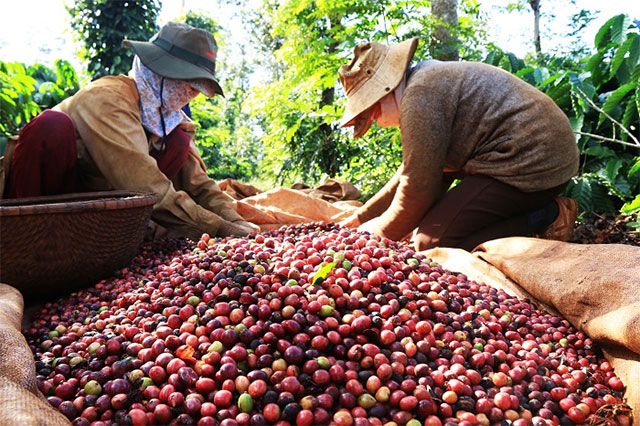
To grasp why this type of coffee commands a higher price, we first need to distinguish between commodity coffee and specialty coffee. Commodity coffee, which makes up the bulk of the global coffee market, is produced with the goal of maximizing yield and minimizing costs. It is typically grown on a large scale with less attention to quality control. On the other hand, specialty coffee accounts for only around 4% of the global coffee market. It stands out due to its focus on quality, flavor, and sustainable production practices.
Rigorous Production Process
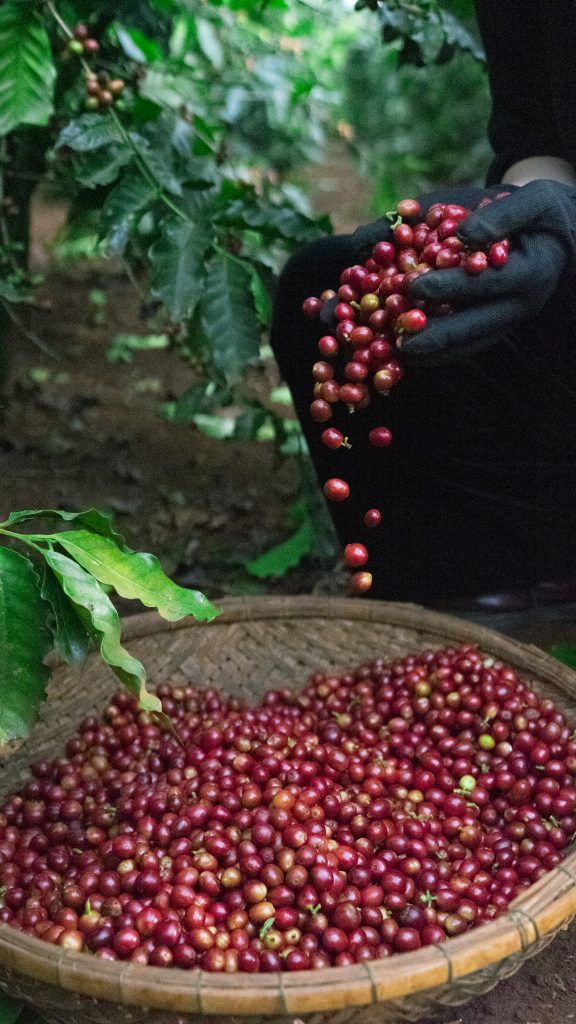
One of the key factors behind the high cost of specialty coffee is its stringent production process, from cultivation to harvesting and processing. It is often made from Arabica beans, which are considered superior in quality compared to the more common Robusta beans. Arabica requires specific growing conditions, such as high altitudes and ideal soil and climate conditions, and it demands meticulous care from farmers. This increases labor and production costs compared to Robusta.
The quality control process for this type of coffee is also much stricter. The beans go through several stages of inspection, with defective beans being discarded, and their flavor profiles being analyzed. According to the Coffee Quality Institute (CQI) and the Specialty Coffee Association (SCA), a coffee bean can only be classified as specialty if it meets stringent criteria, from farm to cup. This means consumers are paying extra for the detailed screening and quality control process.
Innovation and Experimentation
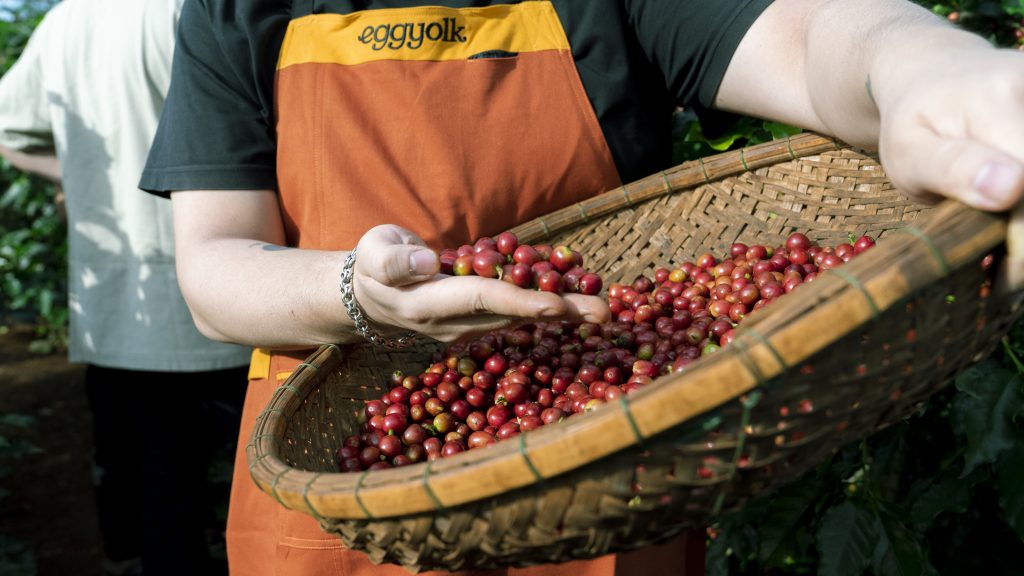
Innovation and experimentation also play a major role in raising the price of coffee. While commodity coffee farms typically focus on increasing output, specialty coffee producers prioritize quality and the unique flavors of each batch. They constantly research and implement new techniques to enhance the quality of their coffee, from seed selection and harvesting techniques to processing and roasting methods. This dedication to improvement requires both specialized knowledge and substantial time and investment, further contributing to the product’s higher price point.
The Value of Storytelling and Experience
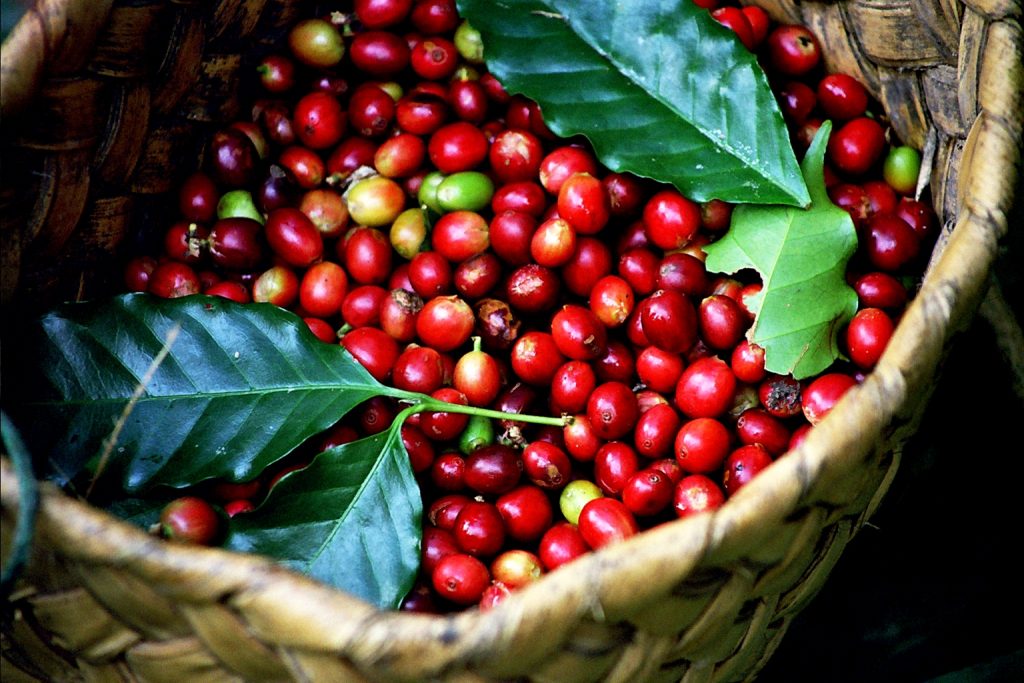
Another reason why this type of coffee is more expensive is the value of the story and experience that comes with it. Modern consumers are not only interested in the quality of the product but also in knowing where it comes from, how it is produced, and the stories behind it. Specialty coffee shops often create compelling narratives about sourcing their coffee beans, building relationships with farmers, and committing to sustainable production practices. These stories serve not only as marketing tools but also as a way to foster a connection between the consumer and the product, thereby enhancing the perceived value of the coffee.
Labor and Transportation Costs
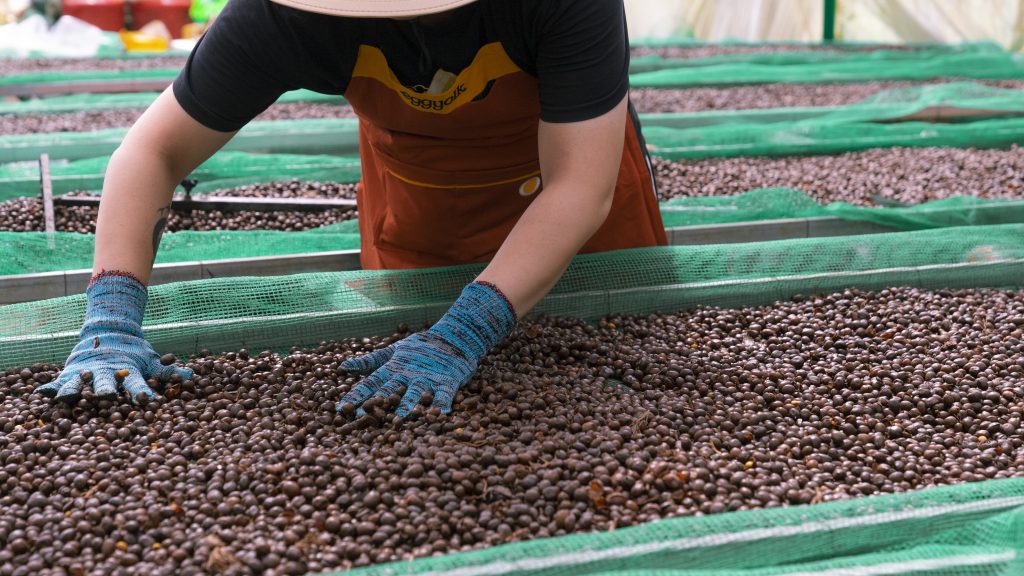
In addition to these factors, labor and transportation costs play a significant role in the pricing of specialty coffee. Farmers who grow specialty coffee typically receive higher prices for their beans, ensuring they can maintain a good standard of living and continue investing in their production process. Furthermore, the cost of transporting coffee from small, remote farms in mountainous regions to processing facilities and eventually to consumers is higher than that of commodity coffee, which often comes from large-scale, more accessible farms.
Customization and Personalized Experience
Another reason why consumers are willing to pay more for specialty coffee is the customization and personalized experience it offers. Unlike traditional coffee, where customers have fewer options, specialty coffee allows them to tailor their coffee to their liking. They can choose the type of bean, the roast level, the brewing method, and even additional ingredients like milk or sweeteners. This variety and customization cater to individual preferences and create a unique coffee-drinking experience that consumers find valuable.
Conclusion
Specialty coffee is expensive not only because of its meticulous production process but also because it offers a richer, more personalized experience. From its origins in carefully managed farms to its final presentation in a specialty coffee shop, every aspect of this coffee is crafted to provide superior quality. Additionally, the innovation, experimentation, and stories that come with each cup add further value, making it a premium product. For those who value taste, sustainability, and the story behind their cup of coffee, specialty coffee is well worth the investment.
